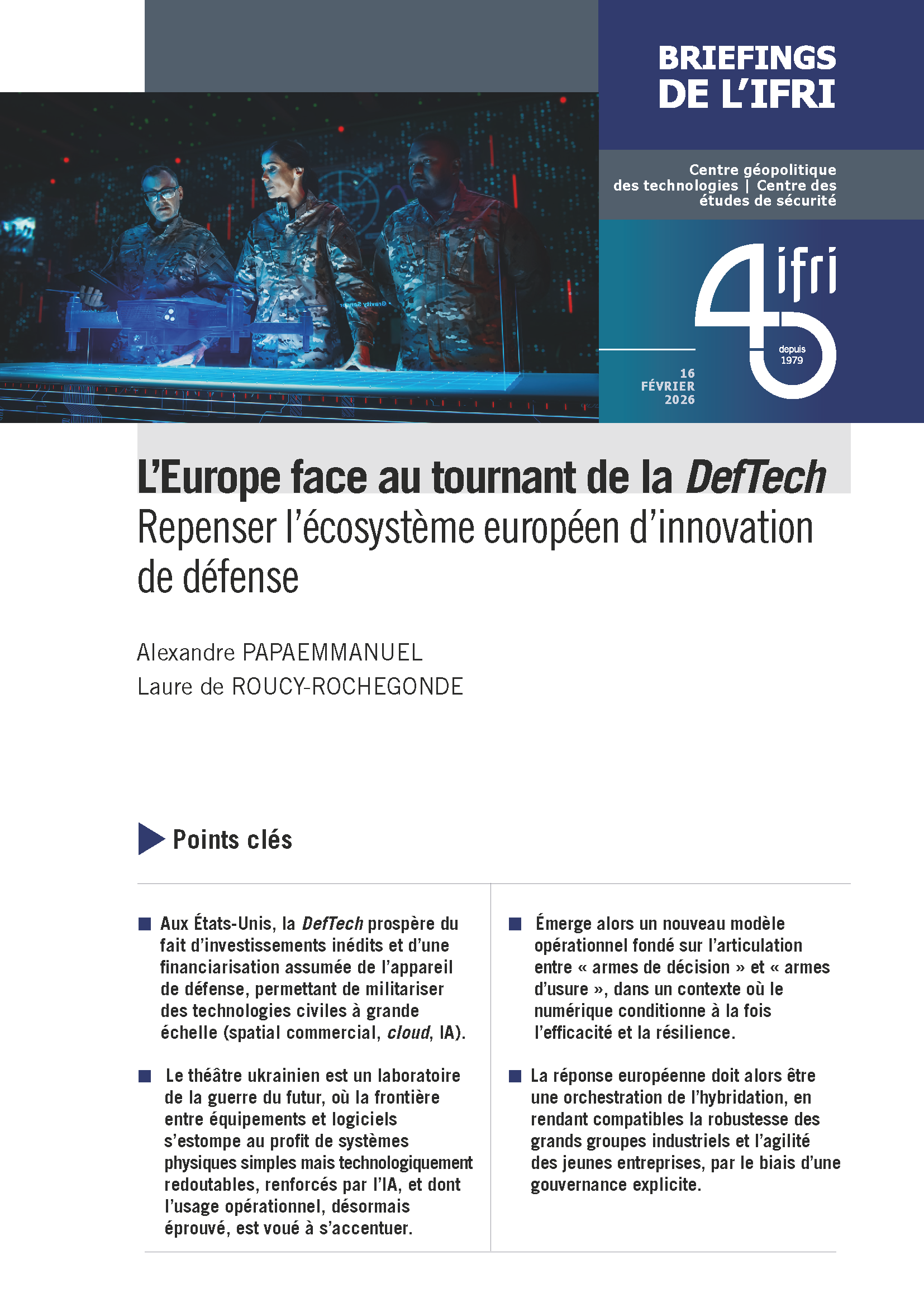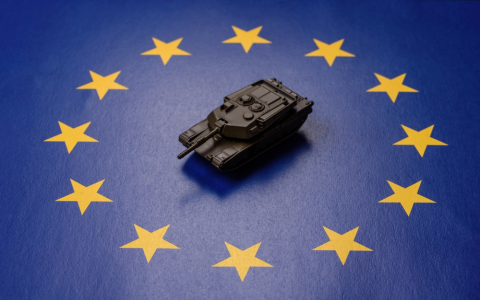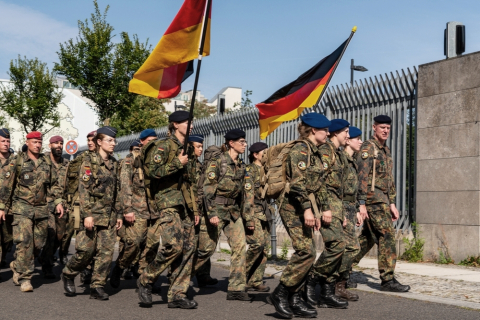What kind of future for the European neighbourhood policy (ENP)? The view from the EU and the neighbouring countries
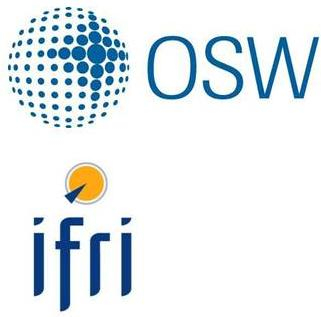
Informations pratiques
Thématiques et régions
Centres et programmes liés
Ceci est un événement réservé.
En savoir plus sur nos programmes de soutien
The ENP review launched in July 2010 is almost complete. This work was accomplished in a very difficult time, with the launch of the EEAS and the crises in the neighbourhood (the revolution in Tunisia, Egypt and the civil war in Libya, the clampdowns in Belarus) to which the EU is not always prepared to respond in an appropriate way.
Undoubtedly, the above processes and events trigger extensive reflections over the ENP: What has been achieved under this policy so far? What are the chances for the implementation of its main goals in the future? What should the EU"s relations with its neighbours be like over the next 10-15 years?
What role could the EEAS play in the neighbourhood policy? With this conference, we will try to answer these questions both from the perspective of the EU and of the partner states.
Sessions :
- I. Stabilisation or Democratisation - What are the EU's interests in the Neighbourhood?
- II. Migration: challenge and opportunities - How to build a smart migration framework?
- III. Reaching beyond cooperation: Is there a chance for economic integration?
- IV. What kind of future for the ENP?
In partnership with :
Sujets liés
Autres événements

Chaînes d’approvisionnement des véhicules électriques au Japon et en Europe : quels défis ?
La sécurité économique vise à garantir la résilience des chaines approvisionnements des industries clés : le cas des productions de véhicules électriques au Japon et en Europe sera discuté.
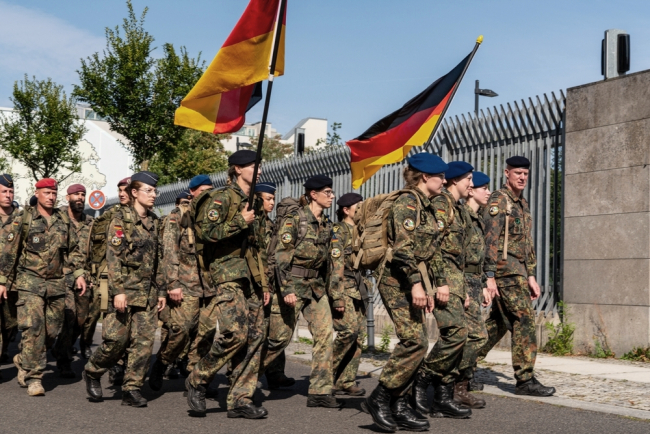
Quelle politique de défense en Allemagne ?
Face à la guerre en Ukraine et à l’instabilité géopolitique en Europe dans un cadre transatlantique perturbé, l’Allemagne a amorcé un tournant majeur dans sa politique de défense, avec une hausse significative des dépenses militaires, la modernisation de la Bundeswehr et le débat sur un éventuel retour du service militaire obligatoire.

Quel partenariat technologique avec l’Inde ?
Le 16ème Sommet UE-Inde, qui s’est tenu le 27 janvier à New Delhi en présence des dirigeants européens António Costa, Ursula von der Leyen, et du Premier ministre Narendra Modi, marque un tournant dans le renforcement des liens entre l'Union européenne et l'Inde. Parallèlement, les visites bilatérales se multiplient, à l’image de celle du Président français qui s’est rendu en Inde mi-février pour participer au Sommet sur l’Intelligence Artificielle.



